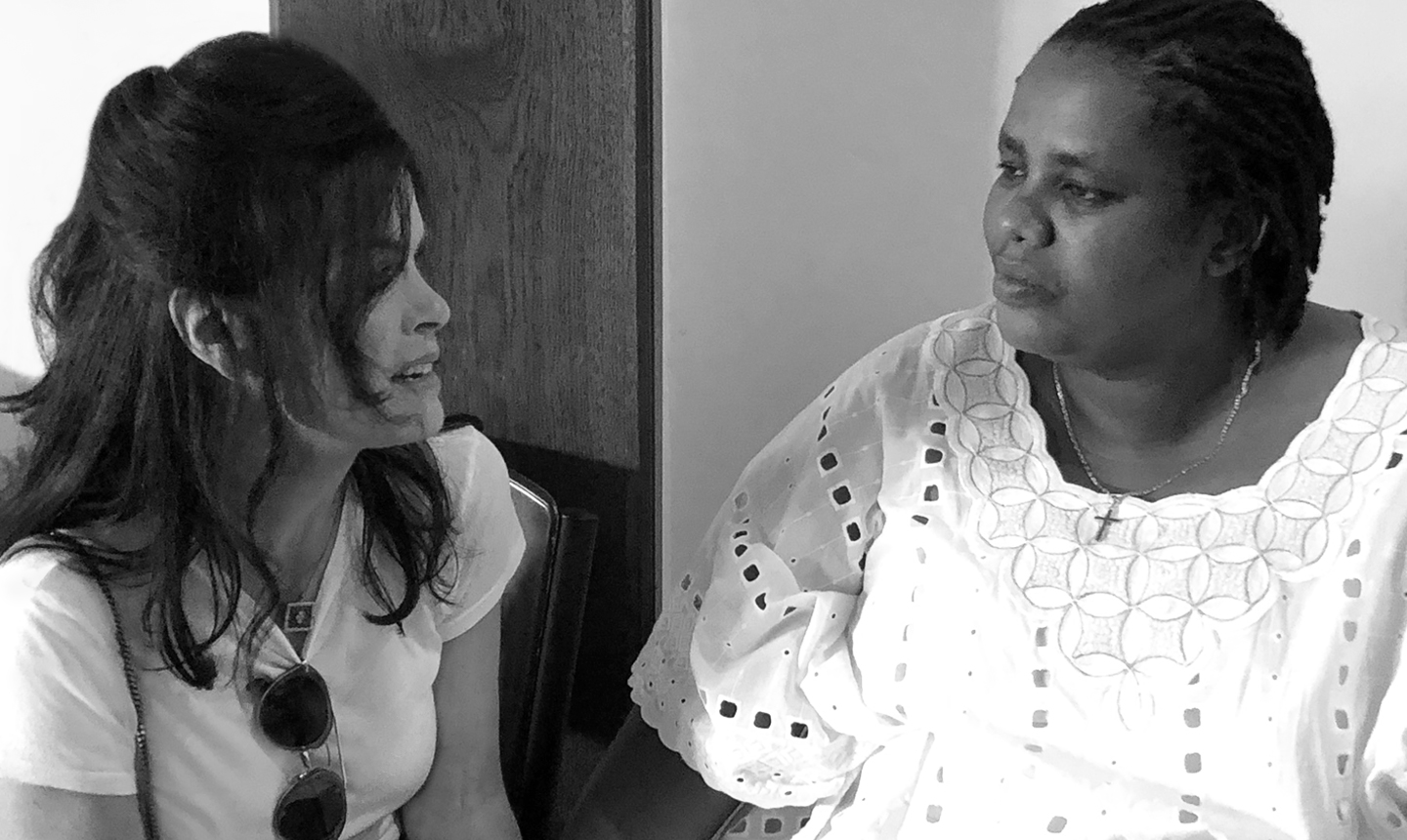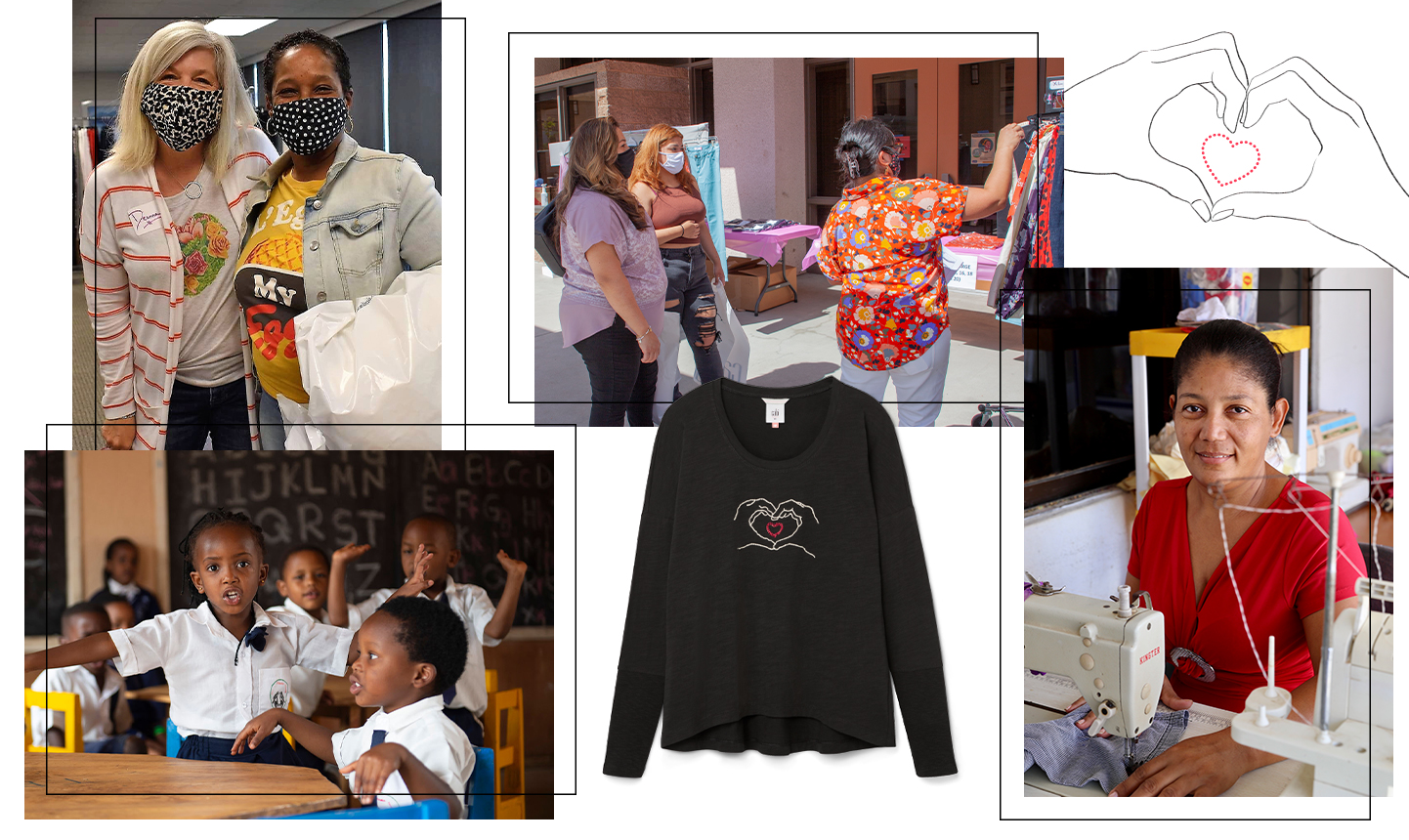
From Kimberly Inskeep, cabi’s President, Co-Founder & Chief Culture Officer
The joy I felt from the people I met in Rwanda didn’t reconcile on the surface; after all, this is a nation that has a long-standing history of poverty and experienced a decimating genocide 24 years ago where 1 million people were murdered in 100 days. So, where is all this vitality…all this hopefulness I saw all around me coming from?
Author Darryl Miller says that a spirit of poverty is a pattern of thinking that typically becomes ingrained like a rut or a groove from which one cannot escape. This pattern of thinking—more so than socioeconomic structures—are what keep people in impoverished nations exactly where they are. Poverty doesn’t just happen. His research shows how patterns of thinking define the existence of people all around the globe regardless of gross national product. Poverty is the eventual result of the stories we tell to make sense of our world. The mindset of poverty is a set of ideas that become institutionalized into the structures of society.
It’s important to note this mindset is not just for those in undeveloped or developing countries. It can exist within any of us.
A poverty mindset says I don’t have enough. I will never have enough. And, there’s nothing I can do about it.
This was the opposite of what I found among the Rwandan women who are cabi’s Sister Entrepreneurs. You see, they believe the only way to break free of these patterns is to take time to look at what’s happened during the course of one’s life—especially things that may even be a legitimate cause for feeling limited and poor. After having done that reflection, there’s a critical step: forgive the people behind those circumstances. Only then are we free to embrace a spirit of abundance.
This idea was powerfully articulated by one of our Sister Entrepreneurs who we’ve had the privilege of getting to know over the course of several years and two in-person visits. She recounted for us the most horrific experience of her life—having seen members of her family murdered in front of her eyes, having been stabbed in the back, where her infant was strapped and stabbed to death…how she was left for dead, wounded, on the ground for many days, with the pool of blood she found herself in as her only sustenance for survival. How does one pull life back together after such horrors?
As she shared this story, we sat in her very nice home—a space she was able to afford through the substantial artisan business she’s been able to create through loans she’s received over the years through Opportunity International. In her community, she’s a wealthy woman—in resource and spirit. And yet, she had been so poor. She’d lost her husband and most of her family and had no physical belongings.
The events of her life legitimately should have limited her thinking and therefore her circumstances. So, how has she, and so many others in this nation, beat the odds, breaking free of a spirit of poverty? Not only surviving, but thriving?
In her eloquent words: “You can’t stay in a cycle of revenge. Revenge is not ours; it belongs to God. Forgiveness is a long journey. You cannot complete it in a short time. Forgiveness is a big pillar in my life. It’s the foundation of everything I’m having to do.”
She explained further that there has to be forgiveness for anybody who has ever done anything against you. It may be that our resentment is justified. It may be that that person has done something very evil. It may be that you have every legal and intellectual right to hold a grudge and to even hate that person, but she explained that if you want to see miracles in your life, abundance in your life, it’s absolutely imperative that you forgive. Her life is a beautiful example of that fact.
The spirit of poverty can grip any one of us and keep us from walking in a spirit of hope and abundance. And while forgiveness never means excusing, it is the very spirit that sets us free to pursue the abundance we were meant to know.
Are you willing to take a moment to consider in what ways you may be held captive by the grooves of your thinking? How might forgiveness give you the freedom you need to pursue who you were created to be?




